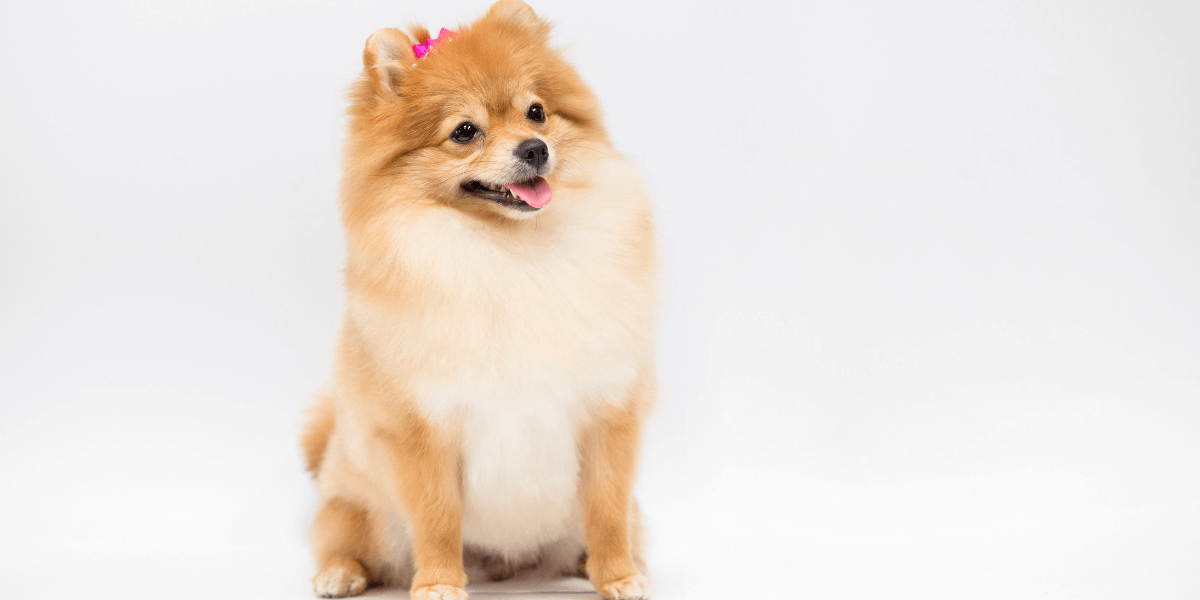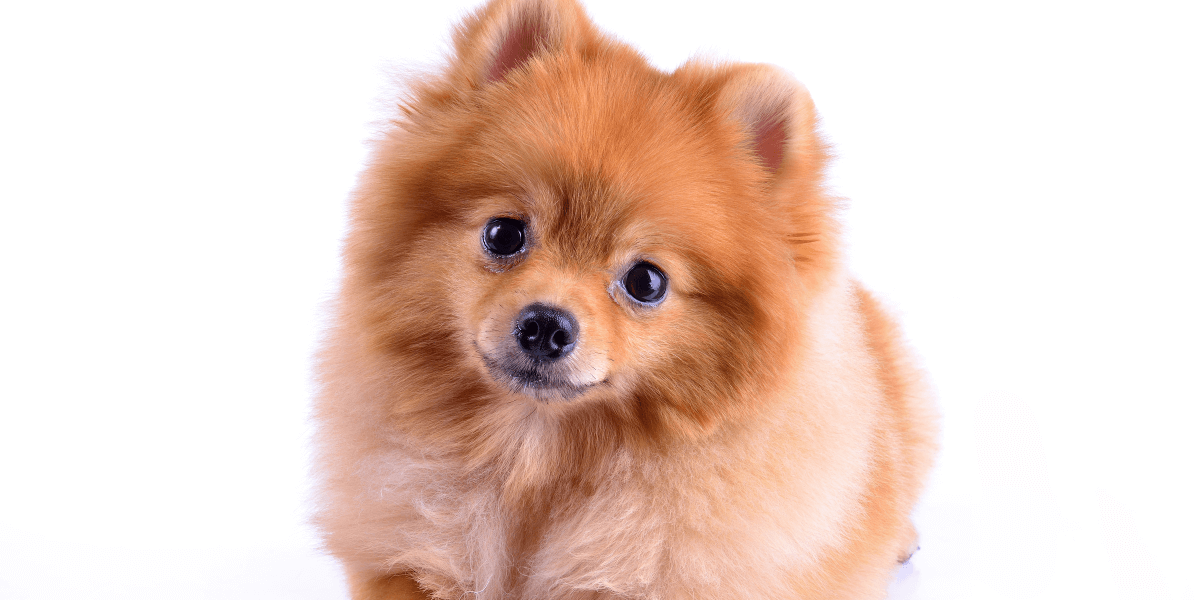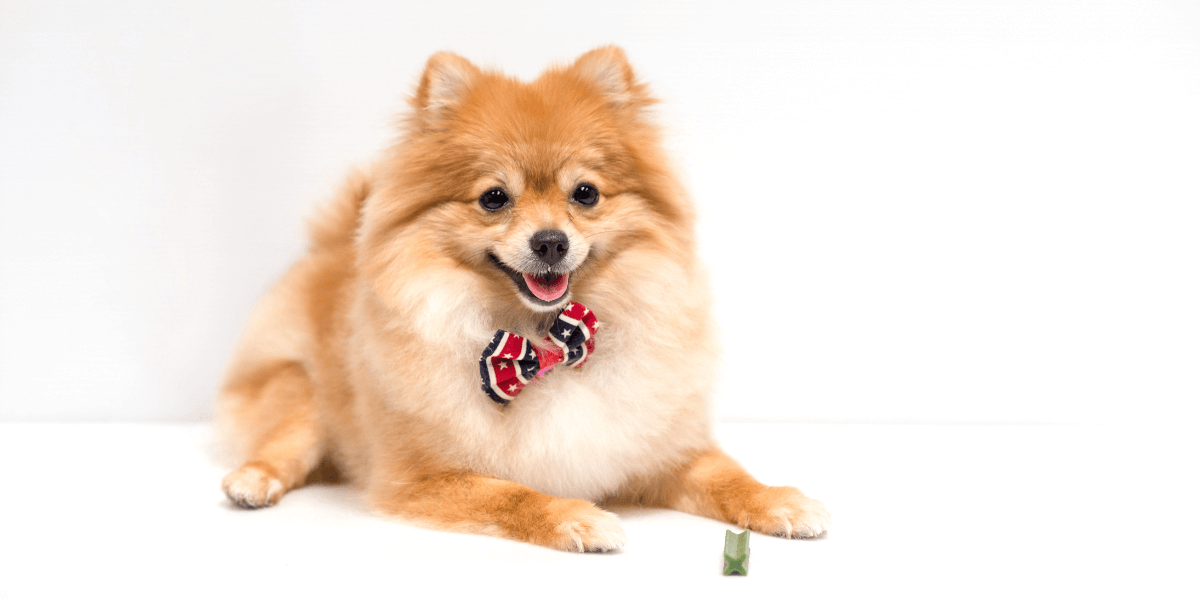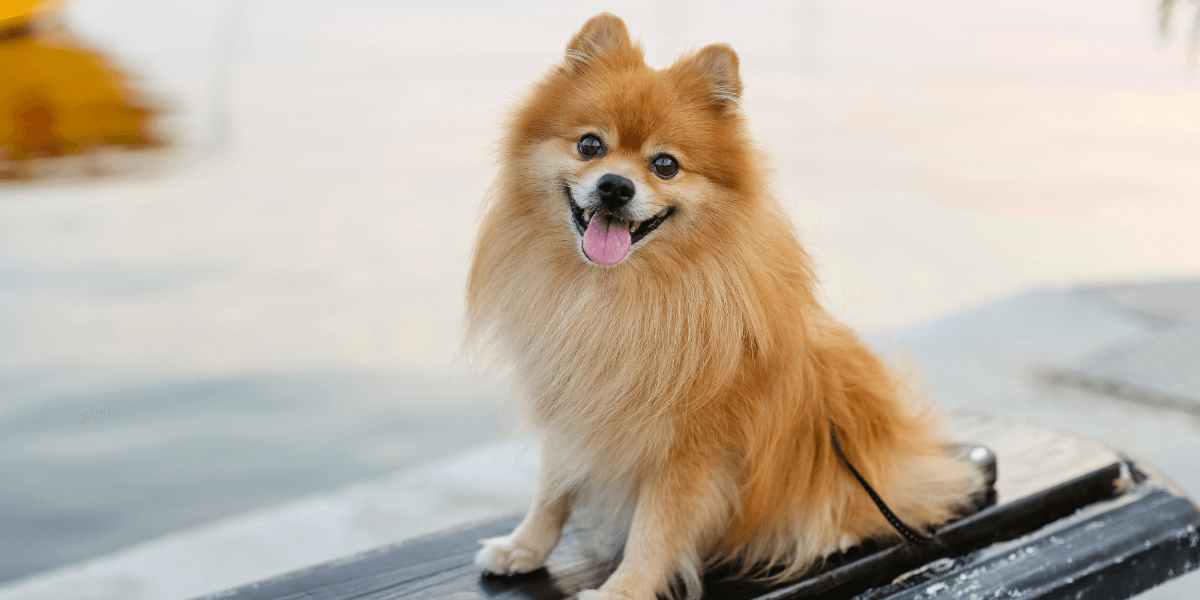Introduction
The Ultimate Guide to Pomeranians features energetic, fluffy dogs loved worldwide.
- They belong to the Spitz family and are known for their bold and outgoing personality
- Pomeranians have a distinctive, fluffy double coat that comes in a variety of colors
- Despite their size, they are confident, alert, and make excellent watchdogs
- Their intelligence and eagerness to learn make them highly trainable pets
- Pomeranians thrive in various living environments, from apartments to large homes
1. History of the Pomeranian
Pomeranians have a fascinating history that dates back to larger working dogs.
- Origins: Pomeranians originated from the Arctic Spitz-type dogs used for sledding
- Region: The breed is named after Pomerania, a region in Northern Europe
- Smaller Size: Over time, they were bred down to their smaller, current size
- Royal Popularity: Queen Victoria’s 1800s admiration greatly boosted the breed’s fame
- Breeding: Selective breeding in England led to the modern, miniature Pomeranian we know
- Popularity: They became one of the most popular breeds in Europe and America
- Modern Era: Pomeranians continue to be adored for their charm and vibrant personality
2. Physical Characteristics
In the Ultimate Guide to Pomeranians, see their fluffy coats and lively nature.
- Size: They typically weigh between 3 to 7 pounds and stand 6 to 7 inches tall
- Coat: Their double-layered coat is thick and fluffy, with a soft undercoat
- Colors: Pomeranians come in a wide range of colors, including orange, black, and white
- Face: They have a fox-like face with bright, alert eyes that add to their expression
- Ears: Their small, pointed ears stand erect, giving them an inquisitive look
- Tail: The tail is plumed and carried high, curling over their back
- Compact Build: Pomeranian has a sturdy yet delicate frame with a well-proportioned body
3. Temperament and Personality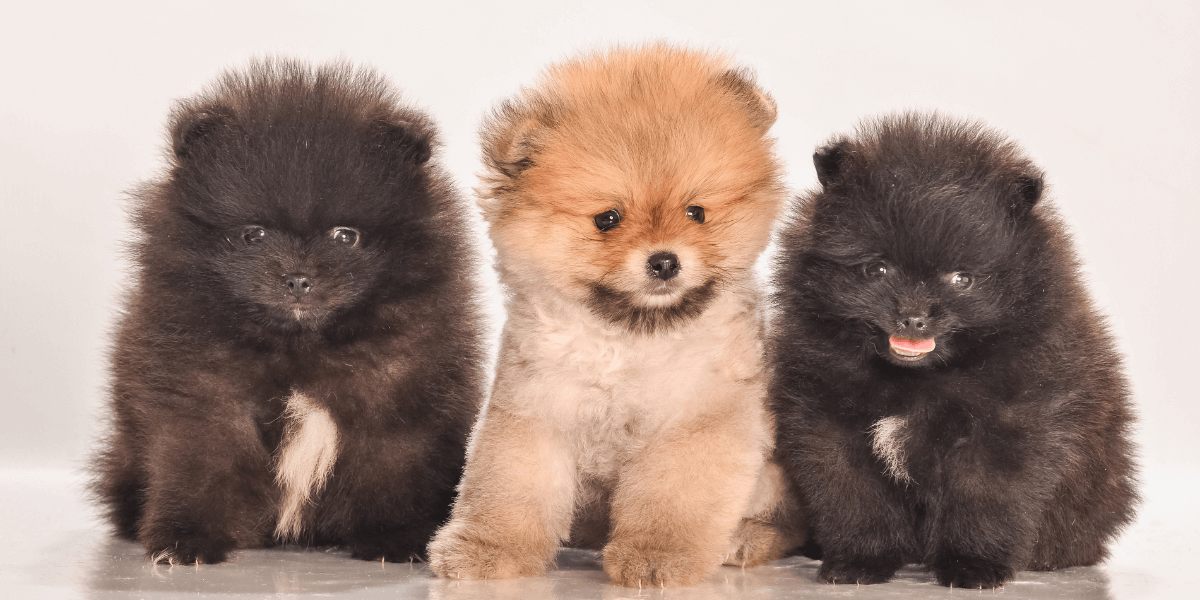
Pomeranians are bold, intelligent, and loyal, making them ideal companions.
- Confident: Despite their size, Pomeranians carry themselves with great confidence
- Energetic: They are lively and full of energy, always ready for play and adventure
- Affectionate: Pomeranians form close bonds with their owners and enjoy cuddles
- Alert: They make great watchdogs, always aware and quick to bark at their surroundings
- Loyal: Pomeranians are deeply loyal and often bond closely with a specific family member
- Independent: They enjoy attention but are also content being alone and independent
- Playful: Their playful nature makes them entertaining pets for both kids and adults
4. Care and Grooming
Pomeranians require consistent grooming to maintain their fluffy, attractive coat.
- Brushing: Their thick double coat needs brushing at least 3 to 4 times a week
- Shedding: Pomeranians are moderate shedders, especially during seasonal changes
- Bathing: Regular baths every 4 to 6 weeks keep their coat clean and healthy
- Hair Trimming: Occasional trimming around the feet and backside helps keep them neat
- Dental Care: Brush their teeth regularly, as Pomeranians are prone to dental issues
- Ear Cleaning: Their ears should be checked weekly for signs of wax buildup or infection
- Nail Care: Keep their nails trimmed to avoid discomfort or difficulty walking
Explore our grooming tips to keep your Pomeranian's coat pristine, inspired by German Shepherd grooming techniques.
5. Health and Lifespan
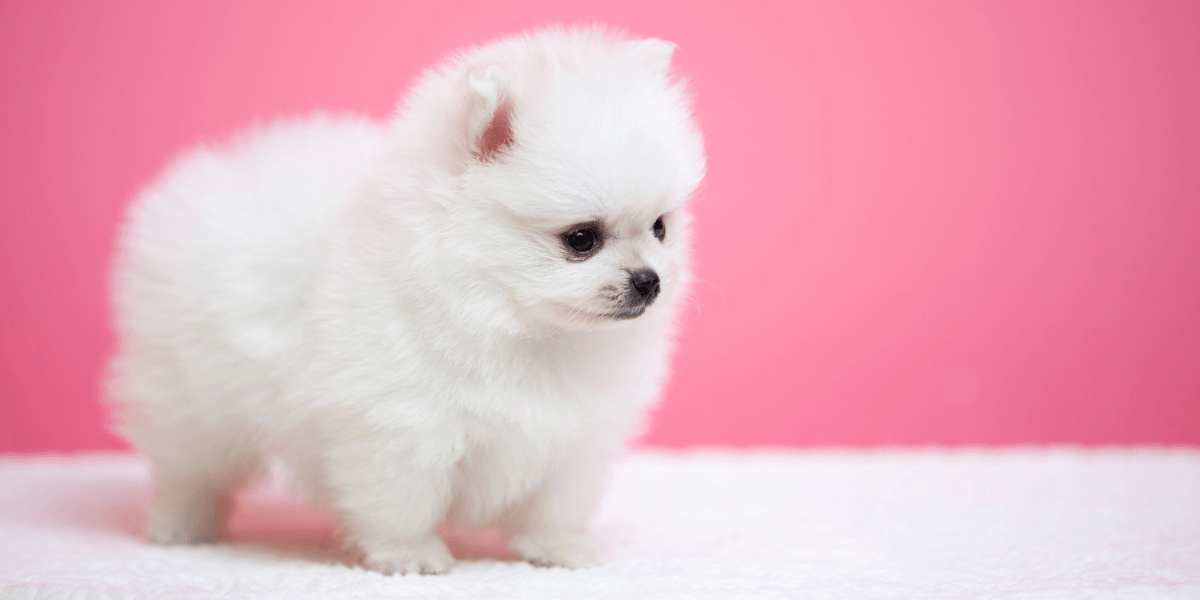
In the Ultimate Guide to Pomeranians, explore their common health issues and lifespan.
- Life Expectancy: Pomeranians have a lifespan of 12 to 16 years with proper care
- Dental Disease: They are prone to dental issues, so regular brushing is essential
- Collapsed Trachea: This condition can cause breathing difficulties in some Pomeranians
- Luxating Patella: Pomeranians may experience joint issues like patellar luxation
- Heart Disease: Mitral valve disease is a common health issue in older Pomeranians
- Eye Problems: Cataracts and progressive retinal atrophy are common in the breed
- Hypothyroidism: Some Pomeranians can develop thyroid issues, affecting their metabolism
6. Training and Socialization
Pomeranians are intelligent and eager to learn, but consistency is key in training.
- Positive Reinforcement: Pomeranians excel with praise, treats, and gentle corrections
- Basic Commands: Teaching sit, stay, and come helps set clear boundaries for your dog
- House Training: Be patient with potty training, as Pomeranians can take time to learn
- Leash Training: Early leash training is important to manage their energy on walks
- Socialization: Introduce them to new people, pets, and environments early in life
- Obedience Classes: Enroll in obedience classes to reinforce good behavior and commands
- Consistency: Regular, short training sessions are more effective than lengthy ones
Apply these training strategies, adapted from Great Dane training, to effectively socialize your Pomeranian.
7. Exercise and Activity Levels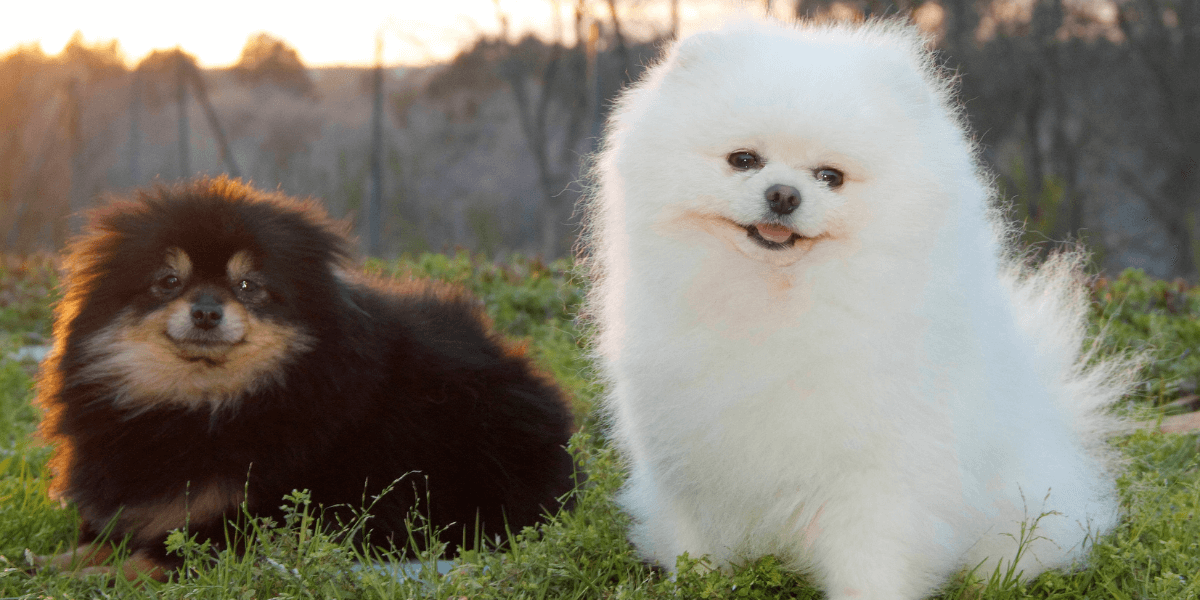
Though small, Pomeranians need daily exercise to keep them healthy and happy.
- Daily Walks: A 20-30 minute walk daily keeps Pomeranians active and mentally engaged
- Indoor Play: They enjoy playing indoors with toys, especially during bad weather
- Mental Stimulation: Puzzle toys and games that challenge their minds are beneficial
- Agility Training: Pomeranians can excel in agility training despite their small size
- Supervised Play: Keep an eye on outdoor play to ensure their safety due to their size
- Rest Periods: Pomeranians love to relax and nap beside their owners after being active
- Interactive Games: Games like fetch and tug-of-war help them burn off excess energy
Learn how exercise impacts your Pomeranian's health, drawing insights from Bernese Mountain Dog care routines.
FAQs
1. Are Pomeranians hypoallergenic?
- Pomeranians are not hypoallergenic and can trigger allergies due to shedding
2. Do Pomeranians bark a lot?
- Yes, Pomeranians tend to bark frequently but can be trained to manage excessive barking
3. How often should Pomeranians be groomed?
- Pomeranians need brushing 3 to 4 times a week and professional grooming every 6 weeks
4. Do Pomeranians get along with other pets?
- With proper socialization, Pomeranians can get along well with other pets and animals
5. How much exercise does a Pomeranian need daily?
- Pomeranians need around 30 minutes of daily exercise, including walks and playtime
6. Are Pomeranians good with children?
- The Ultimate Guide to Pomeranians notes they are great with gentle, older children
7. What is the average lifespan of a Pomeranian?
- The average lifespan of a Pomeranian is between 12 to 16 years with proper care
Conclusion
- Pomeranians are bold, energetic, and affectionate, making them ideal companions
- The Ultimate Guide to Pomeranians highlights their loyalty and strong bond with owners
- Regular grooming is essential to maintain their fluffy, double-layered coat
- Pomeranians need daily exercise, both physical and mental, to stay healthy and content
- With training and socialization, they make great pets for both families and individuals
- If you’re ready for a playful, loving companion, a Pomeranian could be a perfect choice
If you found this Pomeranian guide helpful, please share and comment your thoughts!
References
For more info on The Ultimate Guide to Pomeranians, check out these resources:

